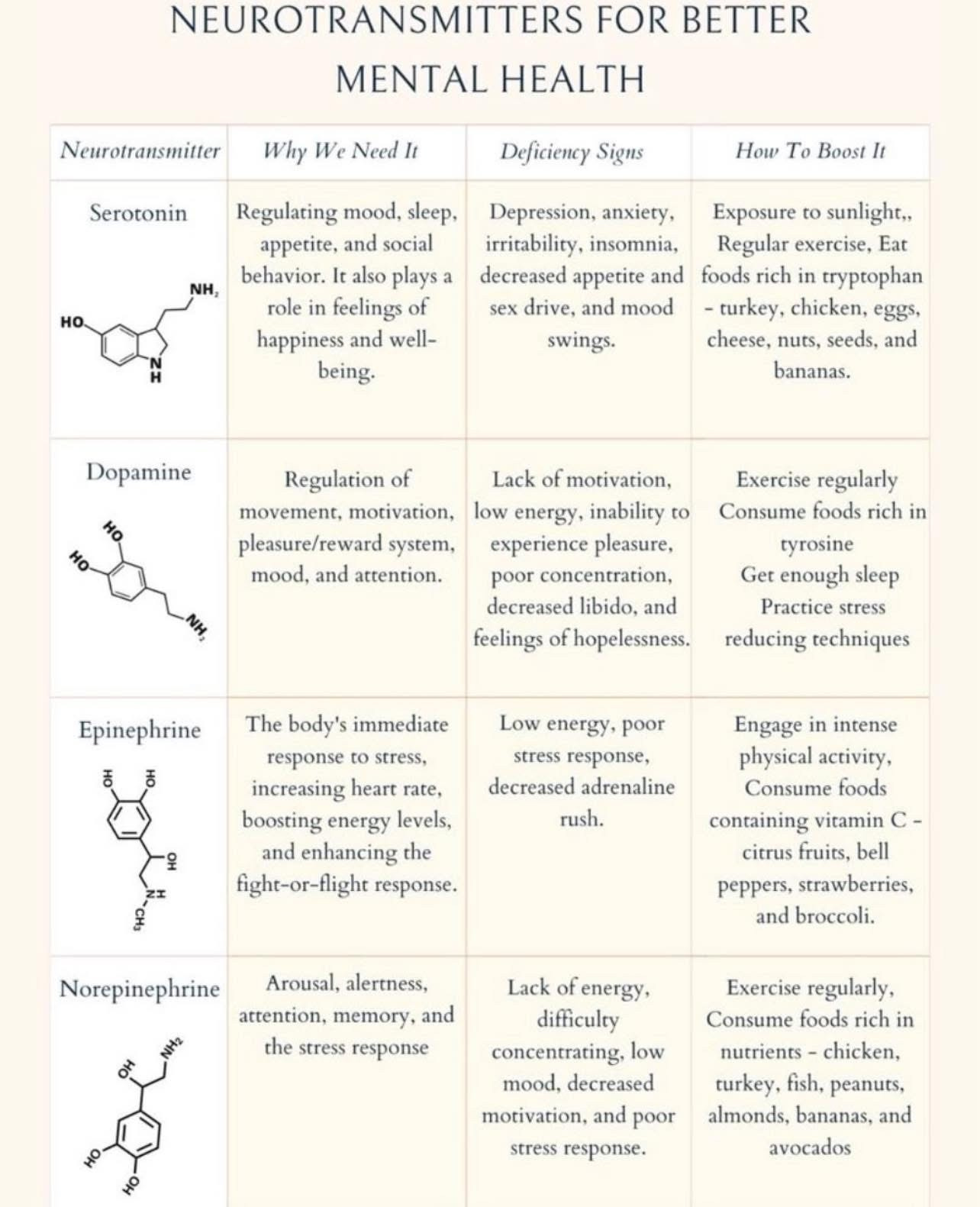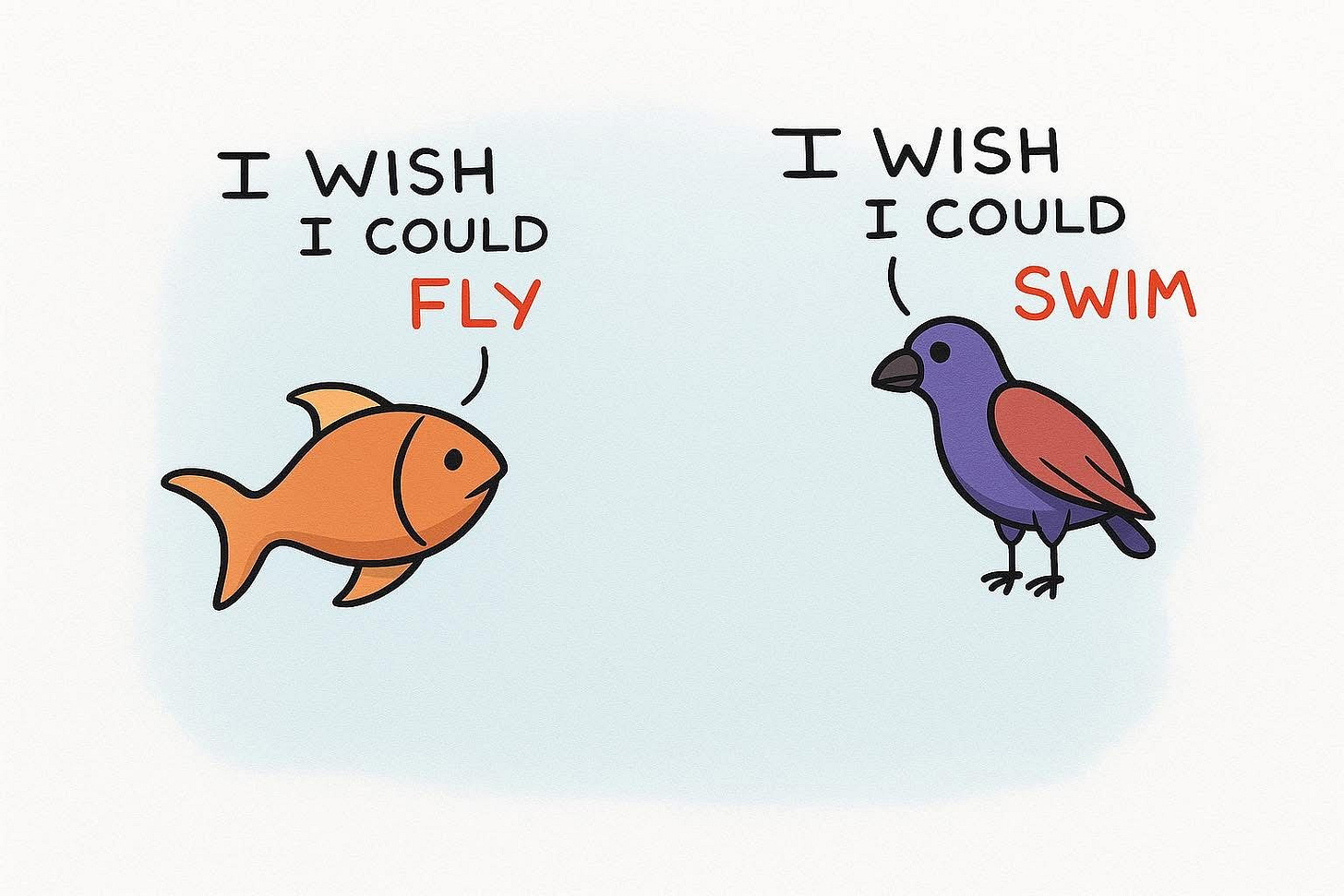On Wednesday I packed my kids off to school as usual. The girls put their lunch boxes in their bags, I put my little boy’s lunch box in his bag, and off we went. At the end of the day, when I collected them, my little boy asked for a drink. I opened his backpack, took out his lunch box and passed him his drink.
‘Oh,” he said, in that four-year old’s way, “I didn’t know I had a packed lunch today.”
I had that sinking, terrible-parent moment. Had he not eaten all day? Had he not had a drink all day? Of all the weeks this was the hot one. What had I done?
I asked if he’d had a school dinner, he said he had and happily drank his drink.
His mum said I’d better check ‘what’ he’d eaten, as he often answers all sorts of things that don’t necessarily reflect or respond to what I’m actually asking, but apparently it was cheese sandwiches - which seemed feasible and he didn’t seem hungry - so all in all everything was good.
On this particular Wednesday morning, I’d put his lunchbox in his school bag, he hadn’t seen me do this, and even though he carried what clearly wasn’t an empty backpack into school, obviously out of sight was out of mind. He didn’t think to consider what was in his bag or why it might be heavy.
This got me thinking. What must it be like to be a four-year-old? After all, they are incredibly resourceful in a confusing adult world that probably doesn’t make much sense.
For example, and please indulge me here, every morning he wakes up and shouts, “Is it morning yet?”
So he doesn’t know when it’s daytime. I’m not so sure he’d know it was nighttime until he is taken to bed. He has no sense of what ‘time’ is or why it might matter. Although he knows the days of the week as some kind of song, he doesn’t ever know what day it is (or care).
His second question is always, “Is it a school day?”
Maybe this is his sense of what a day is? Presumably this is because at the weekend he can get up and watch telly, but he can’t on a school day (but who knows?).
He then gets dropped off at school with 29 other 4–5-year-olds who all live in this equally befuddled state and who all probably make different interpretations of what it all might mean.
Other than not knowing what time or day it is (potentially very zen) he also lives in a world where he can fall asleep in a car and wake up in bed without any idea what happened in between. The world must feel like a very strange place, where simply anything and everything can happen and often does. Can you imagine what that must feel like? Couple that with all these strange big people issuing instructions with their loud confusing and busy voices and who knows what he must make of it all in his developing brain.
I just wonder how much thought, we, as adults, give to this. I spoke to a colleague the other day who said all teachers should have to do a term in Early Years. She said, “That would give them great insight into how a child’s mind works.”
As part of our Relational Inclusion training, we recommend that schools map out a day, a week, a term etc. in terms of Window of Tolerance from all different perspectives. I wonder if we should also spend some time mapping out a day in school life of each specific age group whilst trying to remember what it actually feels like being one of them, rather than looking through an adult or education lens.
Imagine if we added that information to what we know about neuroscience and brain development and cross-referenced that against what we’re actually making them do - I just wonder - what difference that might make?
My first quote is an old favourite:
1) We don’t see things as they are, we see them as we are (Anais Nin)
My second quote is about why we do what we do:
2) I’m not raising kids to fit into this broken world. I’m raising them to rebuild it.
(@twopwasfarmhouse)
My third is a way to put things back into perspective:
3) They said: “Whenever you’re feeling frustrated with your kids, take a minute and look at their little hands.” (@littlegraceph)
My pause for thought quote is:
4) “Grow up,” we say.
“Stop crying,” we plead.
“Be quiet,” we scream.
“Do as you’re told,” we demand.
And then we wonder why there are so many adults who can’t find the courage to speak, or feel, or create.
Maybe there are so many wild souls in cages because we put them there. (Brook Hampton)
My two print and stick to the wall images this week are:
I just couldn’t resist sharing this:
“Comparison is the thief of joy.”
And I also came across this which is a good message for everyone to take into half term:
1) Be happy on purpose. Go outside. Stretch. Read a book. Call a friend. Meditate. Write in a journal. Drink water. Eat good food. Breathe. Learn something new. Express gratitude. Chase the sun. Dance. Create magic.
My recommended read this week is not surprising but slightly worrying research about how verbal abuse in childhood can alter brain development: Words Can Wound
Not to be defeated by tumbleweed, the book I’d like to recommend this week is called The Little Book of Big Stuff About the Brain (Andrew Curran). It explains how we can scare children into sitting still and quiet – it also goes on to explain how this has the opposite effect of what we want. If we’re scared we can’t transfer the knowledge into our memory. It also explains ‘to give words feelings you have to stream information from the right hemisphere of your brain (where you ‘feel’ it) to the left hemisphere where you can name it.’
If you have read any interesting books which support / develop/ further understanding of all things relational inclusion, please add a comment below.
If you find the Relational Inclusion blog useful, feel free to share with your networks.
Our book, Educating Everyone: An Introduction to relational Inclusion in Schools is out now and you must buy it and tell everyone else to buy it. It is available pretty much everywhere that sells books or you can get it here: Educating Everyone
Our third book study takes place on 17th June 4-5.30pm. If you would like to join us, tickets are free but limited. We will be discussing chapters 3-6. You can book here: Book Study 3
Thanks for reading
Anthony Benedict
CEO Ambition Community Trust
Previous blogs can be viewed or downloaded as PDFs here: Blog Archive







